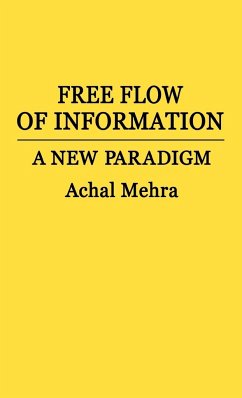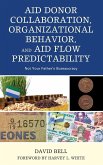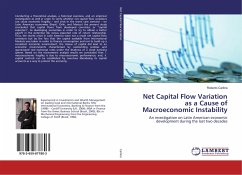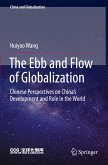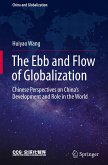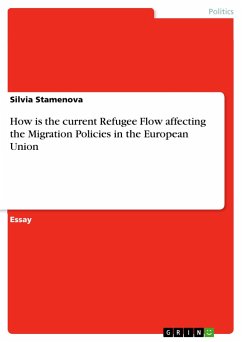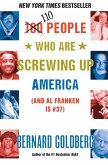?A surprisingly complete, concise account of the recent history of the international flow of information and the barriers to that flow. Back matter includes notes, a fine bibliography, and a short but very adequate index. Examples are given of the way in which information is managed, and the different ways in which the developed and developng countries treat information are made clear. The role of the UN, UNESCO, and the New International Information Order (NIIO) in the pattern of information flow is examined thoroughly and impartially. Helpful statistics are given, e.g., the overseas circulation of the four leading US periodicals--Reader's Digest, National Geographic, Time, and Newsweek--the sale of US television programs throughout the world, and the distribution of US films and radio broadcasts. The question of government control of information is shown as the area where agreement with the proposals may, in the US, be unconstitutional. As a framework for his new paradigm the author offers nine recommendations in his final chapter but warns that trying to accomplish the free flow of information through treaties or other international agreements will occur only when the parties to them truly desire such freedom of information.?-Choice
